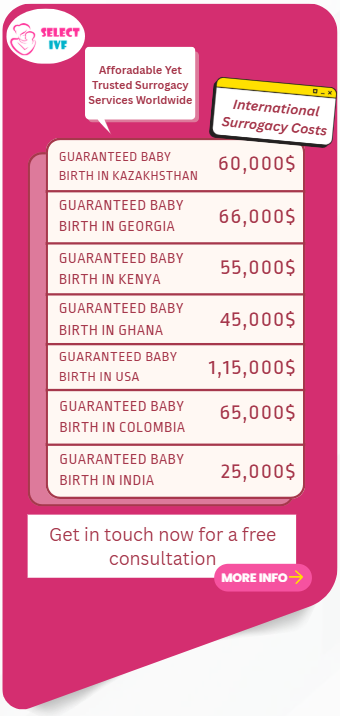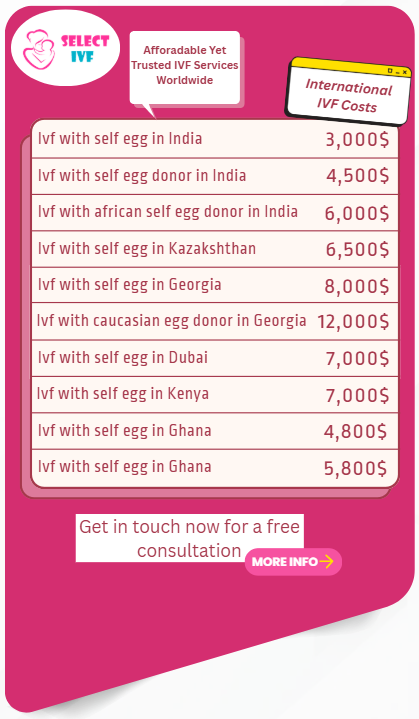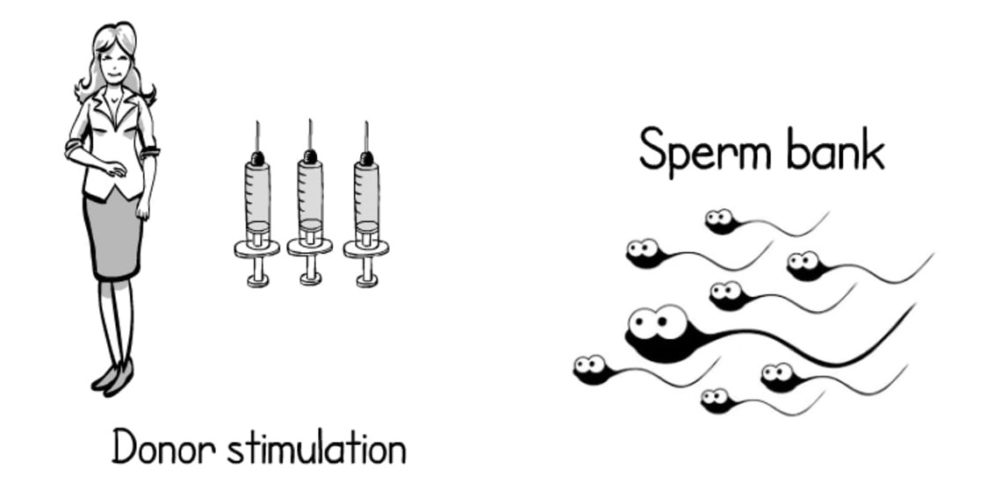After you have successfully undergone the IVF treatment and the last step of your IVF, which is embryo transfer, has been successfully executed, then there is something more you can do to increase the effectiveness of embryo implantation instead of just sitting there and waiting for it to happen. For achieving success in IVF, there are certain guidelines that need to be followed that includes incorporating a healthy diet.
If you are searching for what to Eat After IVF Embryo Transfer, then we have mentioned some of the best foods enriched with healthy nutrients that will aid in effective embryo implantation. Apart from paying attention to your diet, a healthy lifestyle coupled with quitting bad habits and starting workout should also be adopted. What we eat daily affects our overall health and munching on bad stuff is not going to be helpful especially when you are in the crucial phase of IVF embryo implantation.
It is important to receive consultation from your fertility doctor about what should be eaten after embryo transfer and make necessary timely changes as prescribed by your doctor. At Select IVF India, we have the best IVF doctors that can advise you the best on the prospect of following a healthy that will help in improving the chances of successful embryo implantation. The recommendations given below are formulated after extensive research and suggestions of the top-notch fertility specialists, so you can try this as well before consulting a fertility expert.
Foods to eat after IVF embryo transfer
To increase the chances of embryo implantation you should cut-down your sugar intake and try whole grains. The diet is quite similar to the diet of a woman who has attained pregnancy naturally. You should consider eating leafy greens, broccoli, sprouts, for protein try eggs, yogurt, fish, beans, nuts, and for fiber eat oats and other whole grains. The idea is to eat foods full of protein, high fiber, folic acid, omega-3 fatty acids, etc.
You are supposed to follow a diet of a pregnant woman that requires ingesting a great number of fruits and vegetables. Find out food that is enriched with proteins, fiber, and carbohydrates. Also, you take other essential vitamins and minerals. But don’t go too hard on yourself and eat everything in an appropriate quantity. The kind of food that you eat affects the chances of healthy embryo implantation but there are other things as well to be taken into account such as your lifestyle.
Engage in a regular less intense exercise routine if you can to keep the blood circulation in your body just right. Do not try rigorous exercising as this may cause serious damage to your reproductive organs. The importance of staying hydrated can never be avoided, therefore, drink a lot of water at least two liters a day to keep a healthy environment inside your body. Also, take bed-rest but you can carry on with your day-to-day task as full bed rest is not suggested at this stage.
Foods to avoid after IVF embryo transfer
If you are eating everything right and also eating that which is not right, then the effect of bad may overpower the good. Therefore, it is better that you avoid smoking or drinking, especially at this time. Chances are you probably have given up smoking or other addictive habits before the start of your IVF but you still have them, then it is better to quit them now because it can negatively affect the embryo implantation. Finding out what not eat is as important as what to eat after IVF embryo transfer.
Besides giving up alcohol, other drinks, or beverages that are high in sugary content should be abandoned at this time. Also, avoid eating junk foods or try to drink home-made juices that are fresh and pure. These things are bad for health from a general view and are even worse when you are undergoing IVF. Strictly stick to the medication plan provided to you by the doctor and remain update with other changes to be incorporated in your medication plan.
Conclusion
The two weeks between the embryo transfer and the pregnancy test is a critical time and you should try everything you can in order to avoid any chances of failure in IVF embryo implantation. Therefore, eat the foods listed here and keep a calm and positive attitude while you wait for your pregnancy test. If you have any further questions, then feel free to consult our fertility doctors as now doubt should be kept in time in the critical phase of IVF embryo implantation.
Select IVF India is a medical tourism company in Indian operating with the best fertility experts and IVF doctors having extensive experience in providing the best-quality fertility treatment to the patients. Our doctors effectively diagnose the condition of the patient and offer them the best care and fertility treatment that produces the desired outcomes. Our team at the various network hospitals is committed to provide the best treatment experience to the patients and ensure that patients undergo a hassle-free treatment.
Our success rates are also highest for IVF and other major fertility treatments. Our fertility experts use sophisticated equipment and technology when executing the IVF treatment and make sure to provide our patients with a qualitative treatment. We also provide an affordable process for IVF and our low prices do not undermine the quality of the treatment. Our high success rates and low cost is the reason why international patients urge to pick our fertility services for their fertility treatment.
FAQs: What to Eat After IVF Embryo Transfer
Read Also:









